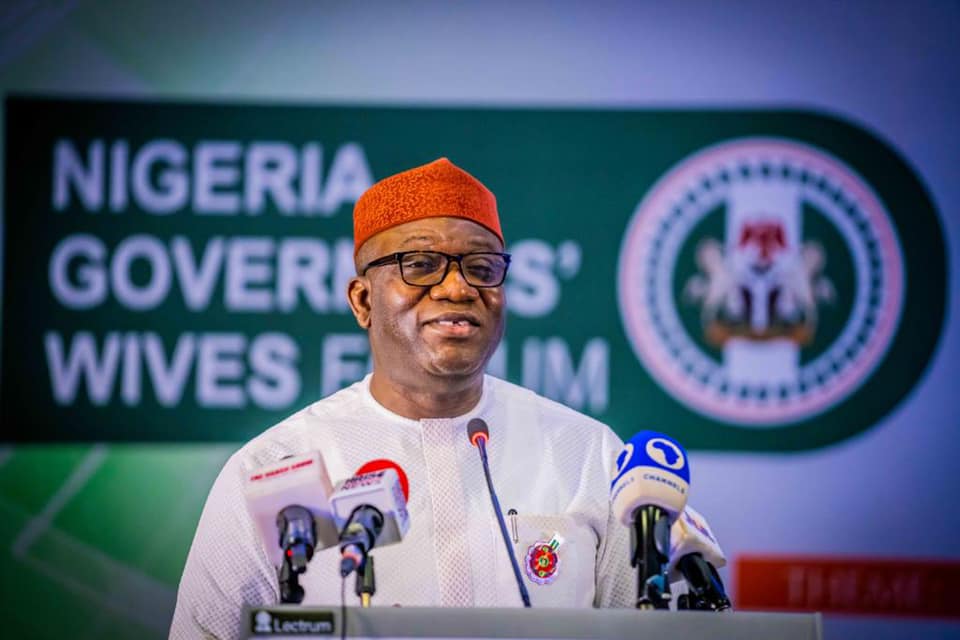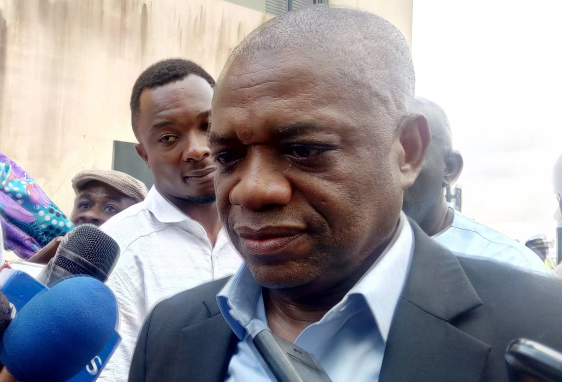Timipre Sylva, minister of state for petroleum resources, says poor investment and the exit of oil majors are affecting Nigeria’s inability to meet the oil production quota.
Organisation of Petroleum Exporting Countries’ (OPEC) quota is pegged at about 1.8 million barrels per day, but the country has struggled between 1.2 and 1.3 million barrels per day.
Speaking at the ongoing CERA Week in Houston, Texas, on Wednesday, Sylva said the lack of investments was due to the recent spate of exits by international oil companies (IOCs) such as Shell and ExxonMobil.
He added that the speed with which IOCs were withdrawing investments in hydrocarbon exploitation had contributed significantly to Nigeria’s inability to meet its OPEC target.
Advertisement
The statement comes after the federal government insisted that Shell Plc and ExxonMobil were not leaving the country anytime soon.
In January 2022, at least five local oil and gas companies indicated interest to acquire Royal Dutch Shell Plc (Shell) onshore assets in Nigeria.
Last week, Seplat Energy Plc signed a deal to acquire the entire share capital of Mobil Producing Nigeria Unlimited (MPNU) from Exxon Mobil Corporation, Delaware (ExxonMobil).
Advertisement
According to Sylva, the development stalls oil output, which prevented the country from gaining from the current high oil prices.
“The rate at which investments were taken away was too fast,” Sylva said in a statement issued in Abuja by Haratius Egua, his media aide.
“Lack of investments in the oil and gas sector contributed to Nigeria’s inability to meet OPEC quota. We are not able to get the needed investments to develop the sector, and that affected us.”
The minister further cited security issues as another major factor contributing to the lack of significant growth of the sector, adding that the drive towards renewable energy by climate enthusiasts had discouraged funding for the industry.
Advertisement
Sylva, however, called for a change of attitude, stressing that hydrocarbon would continue to play a central role in meeting the energy needs of the world.
He told delegates that though Nigeria was in full support of energy transition, the country and the African continent should be allowed to develop at their own pace.
According to him, this would enable African countries to meet the energy needs of the over 600 million people who had no access to any form of power in Africa.
“And of the over 900 million people without access to power in the world, the majority live in Africa. So how do we provide access to power for these people if you say we should not produce gas?” he said.
Advertisement
“We believe that gas is the way to go. We believe that gas is the way forward and the one access to power. We need to have an inclusive energy transition programme.
“Yes, we believe in the energy transition but we as Africans have our peculiar problems and we are saying that our energy transition should be focused on gas to bridge the energy gap. This is what we have been saying.”
Advertisement
Add a comment







